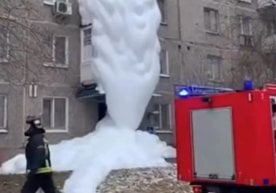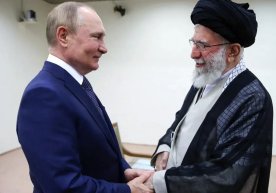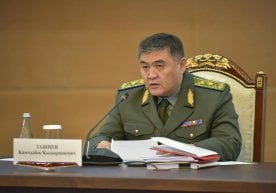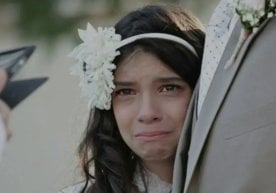IAEA Head Issues Serious Warning on Iran’s Nuclear Threat
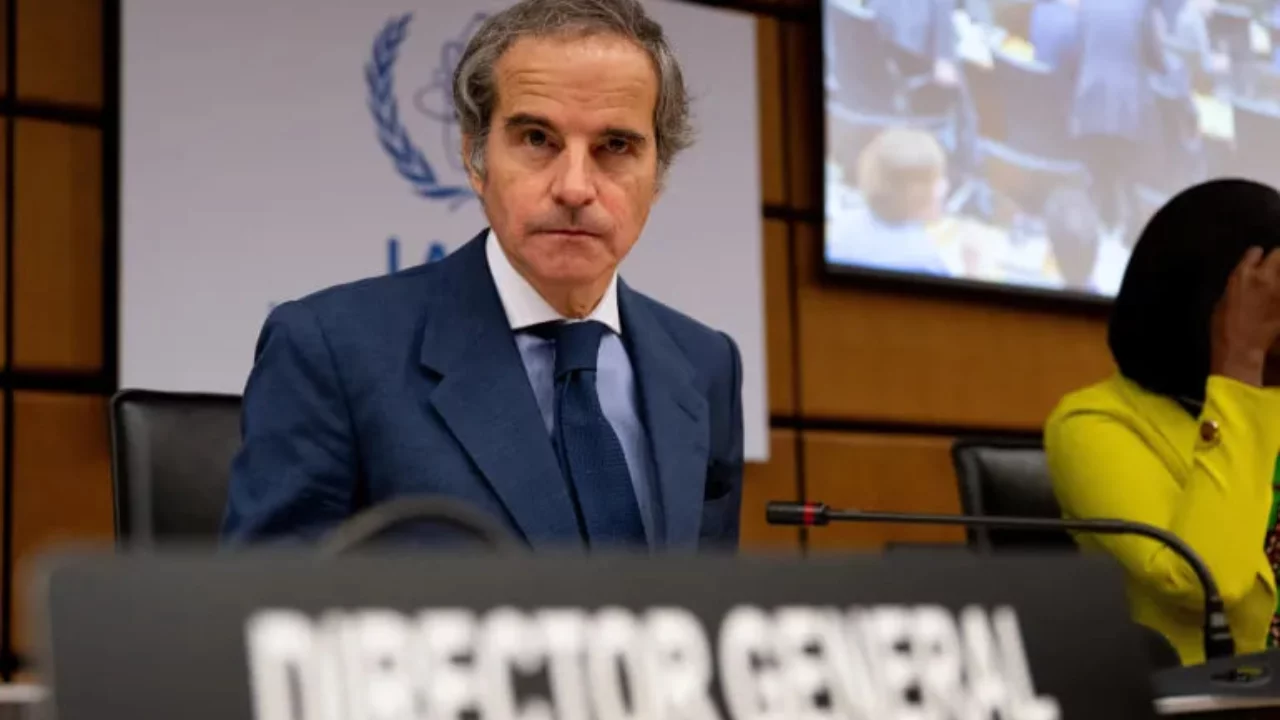
One of the most pressing topics in global politics — Iran’s nuclear program — is again at the center of attention of the international community. The Director General of the International Atomic Energy Agency (IAEA), Rafael Grossi, admitted at a press conference that there is currently no exact and official evidence that Iran is trying to develop nuclear weapons. However, the uncertainties, secret actions, and lack of transparency observed on the part of Iran are causing serious concern.
Grossi emphasized that today, no country in the world enriches uranium up to 60 percent. This level is technically very close to 90 percent — the amount needed to produce nuclear weapons. Therefore, inspectors are closely monitoring this process. “We do not interfere in political debates. I am not a minister or diplomat, I am a nuclear inspector and rely only on concrete evidence. At the moment, we cannot officially state that there is an active nuclear weapons program. However, this does not mean there is no threat at all,” Grossi said.
The ambiguous direction of Iran’s nuclear program and the lack of transparency are opening the door to various assumptions and discussions in the international arena. In particular, for leading regional states such as Israel and the United States, any lack of clarity on this issue is regarded as a threat.
Israeli intelligence earlier disseminated information that Iran had started preparing detonators for making an atomic bomb. They noted that this information could be significant in the process of preparing for a military operation. However, the US administration does not possess such concrete information and admits that this is one of the main reasons why Washington does not want to directly join Israeli strikes.
Experts note that Iran’s enrichment of uranium to high levels and refusal to provide transparent information about nuclear facilities cause serious concerns from the point of view of regional and global security. International experts emphasize that every step in such a situation must be taken with great caution and in compliance with international standards.
In conclusion, the ambiguities surrounding Iran’s nuclear program, lack of transparency, and political disputes may further complicate the situation in the region in the future. For the IAEA and the international community, the main task remains ensuring nuclear safety and resolving disputes through peaceful means. Read “Zamin” on Telegram!
Ctrl
Enter
Found a mistake?
Select the phrase and press Ctrl+Enter 















